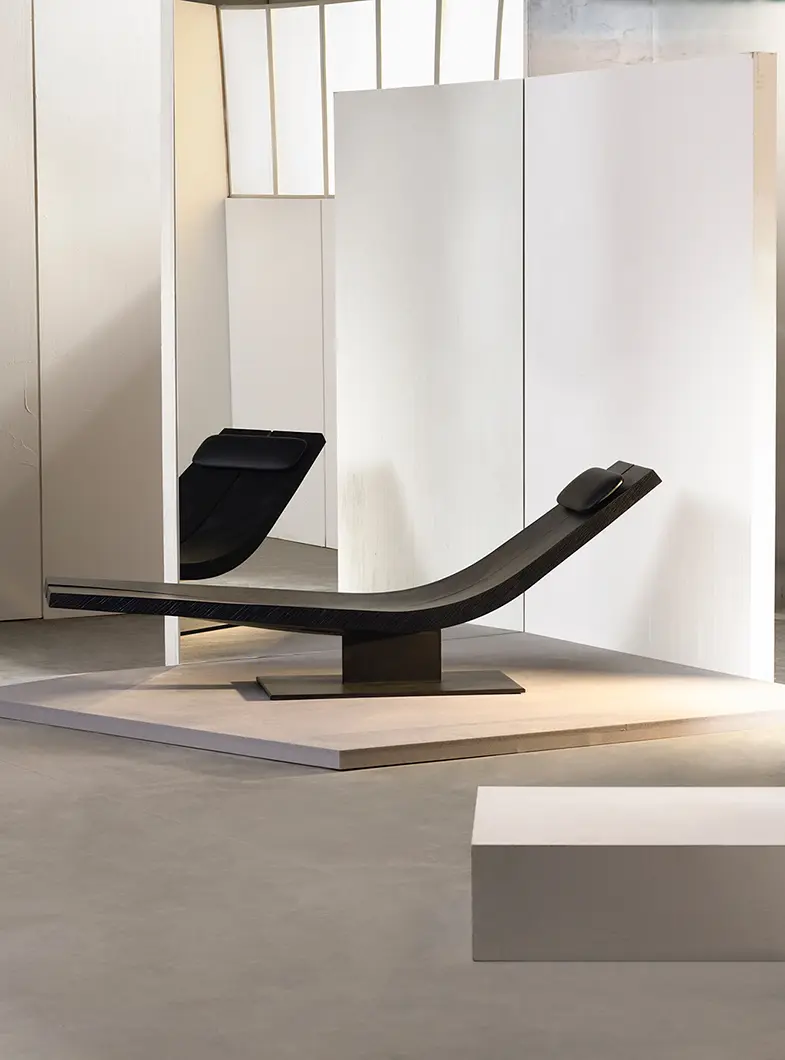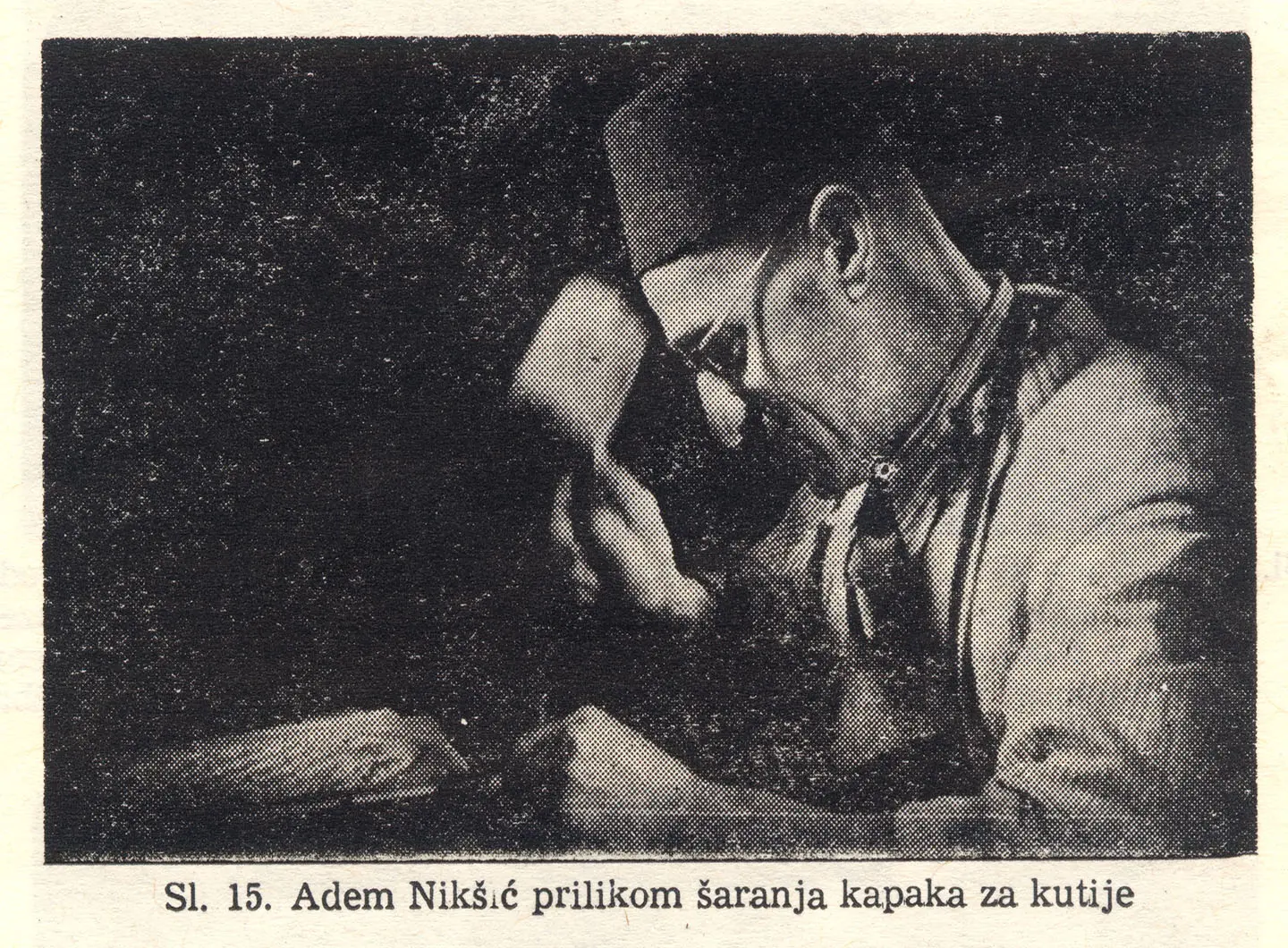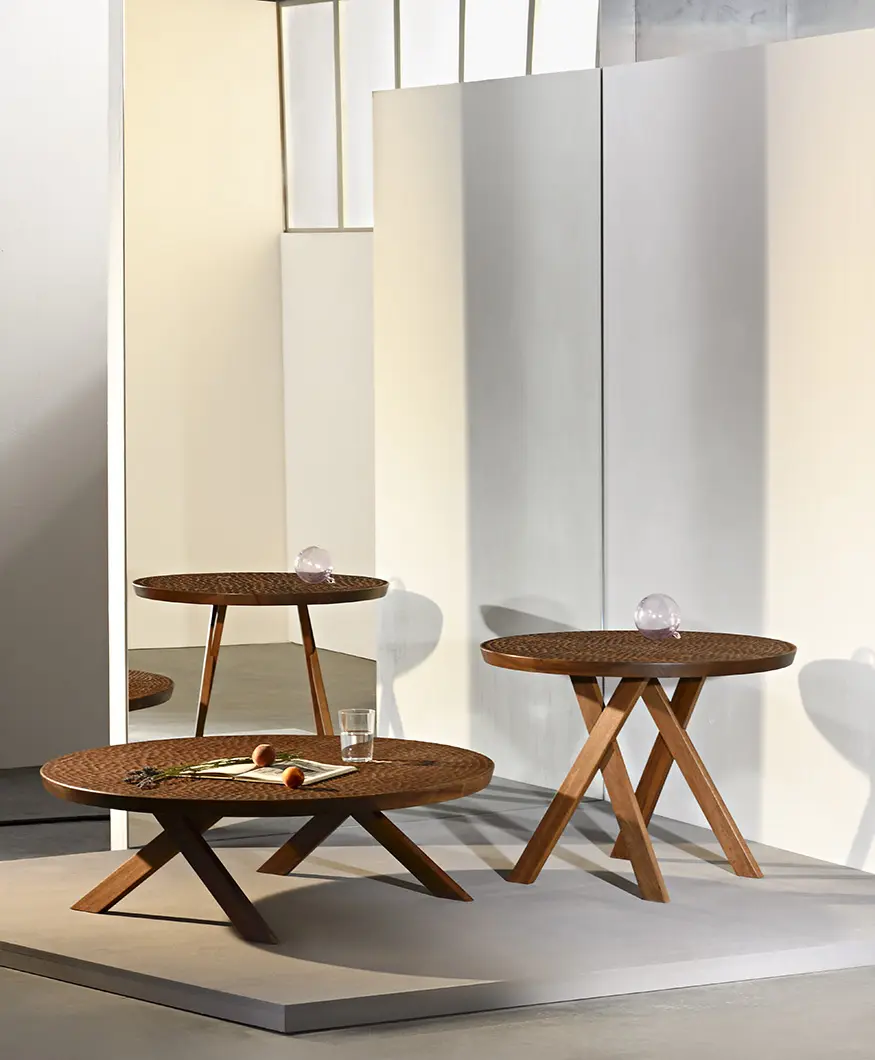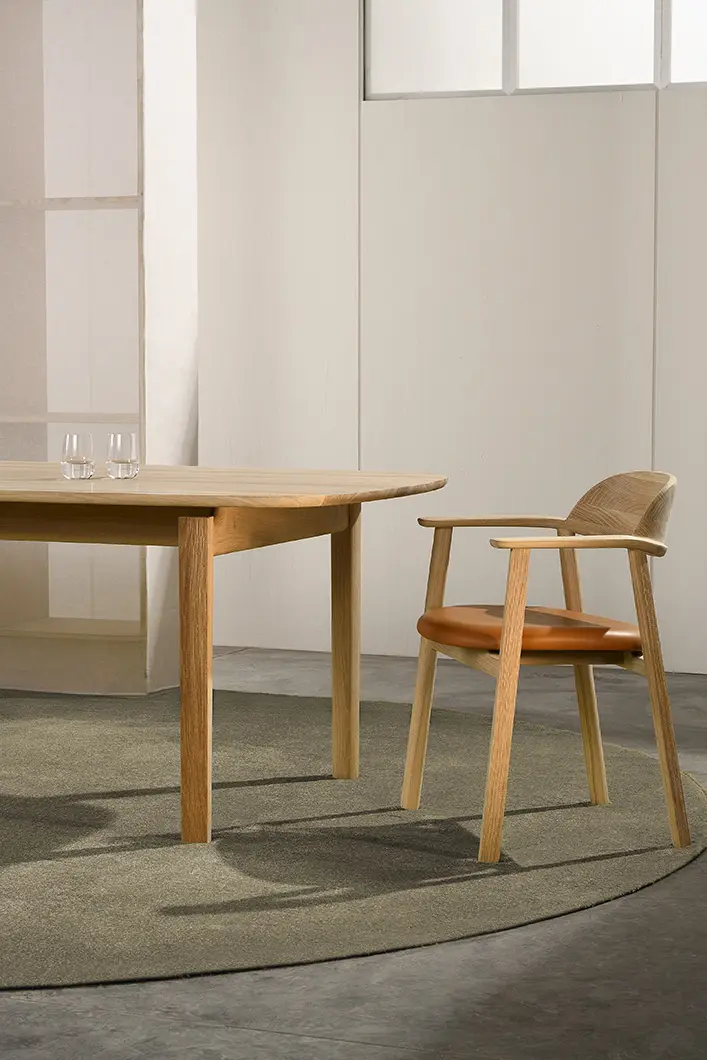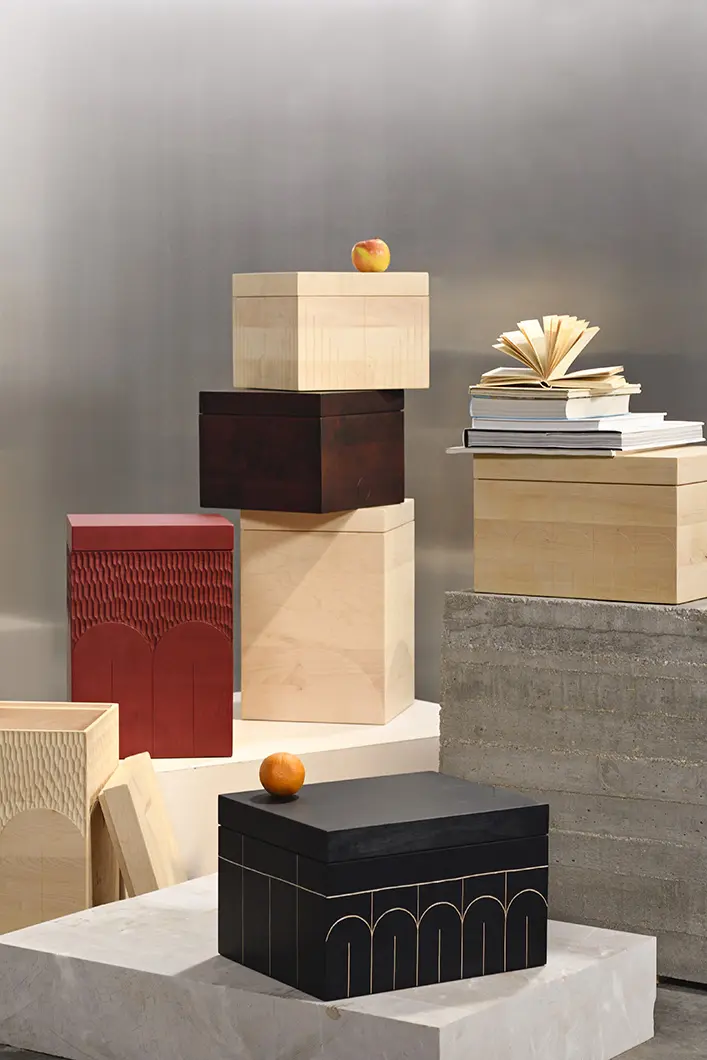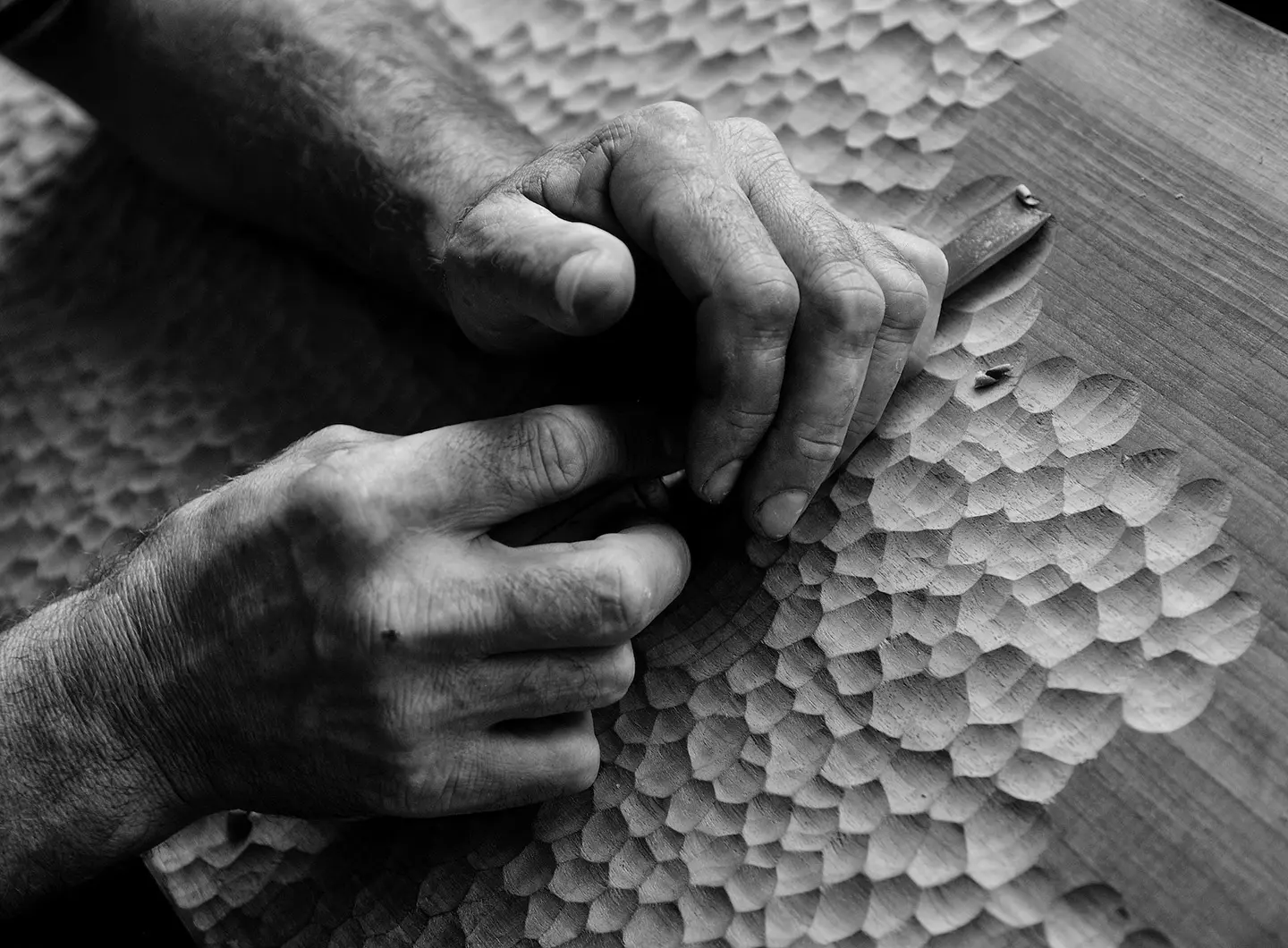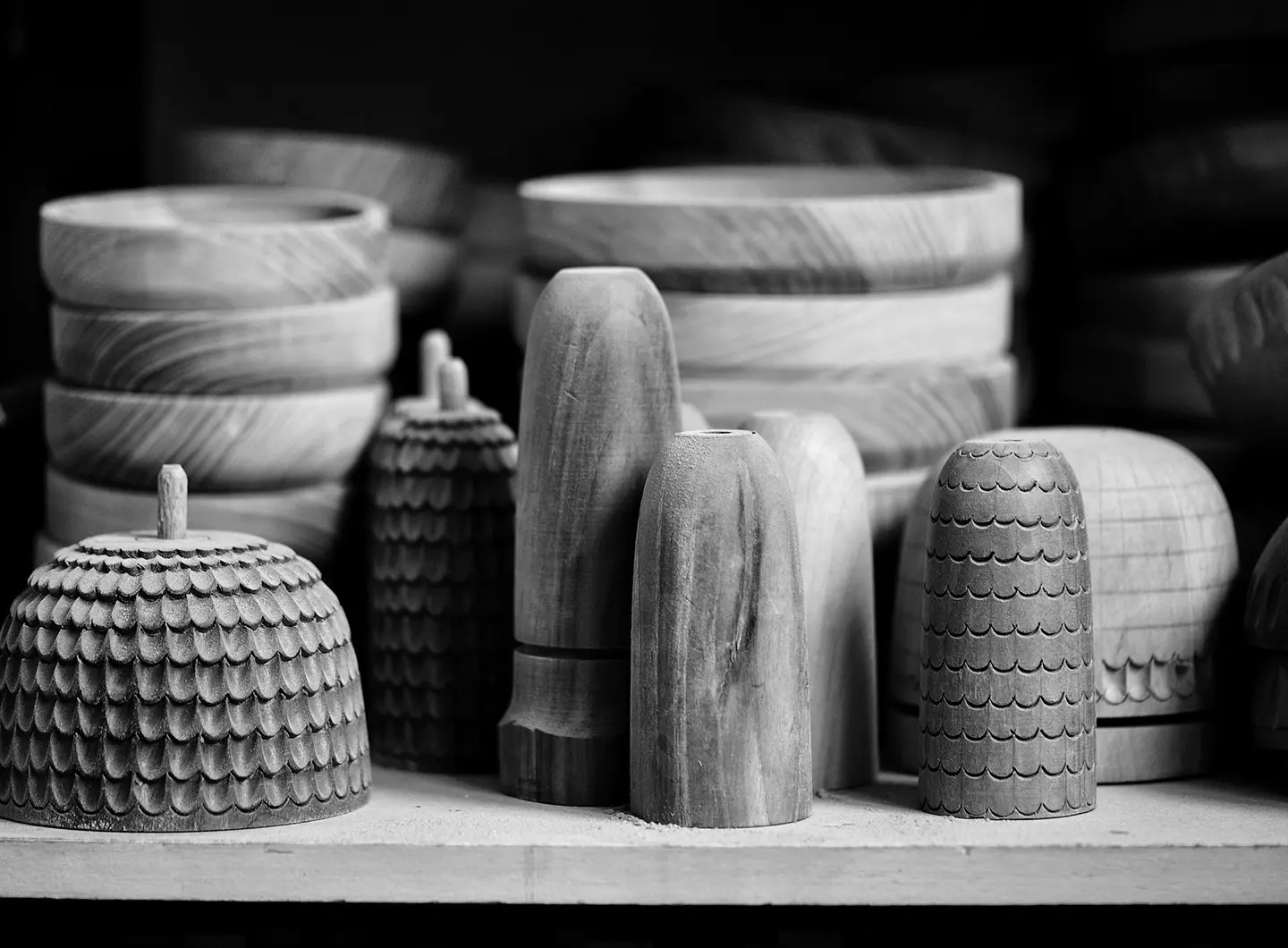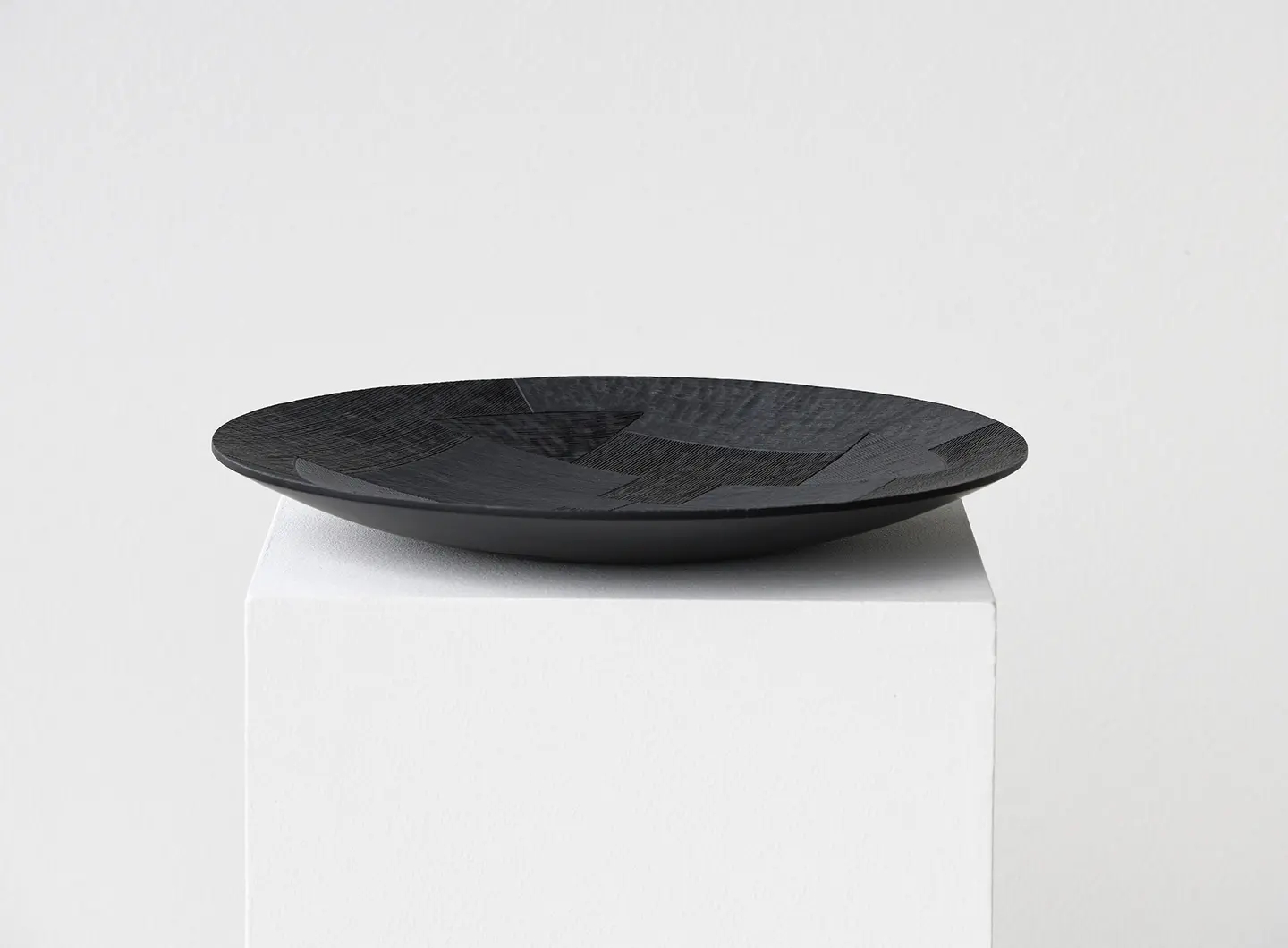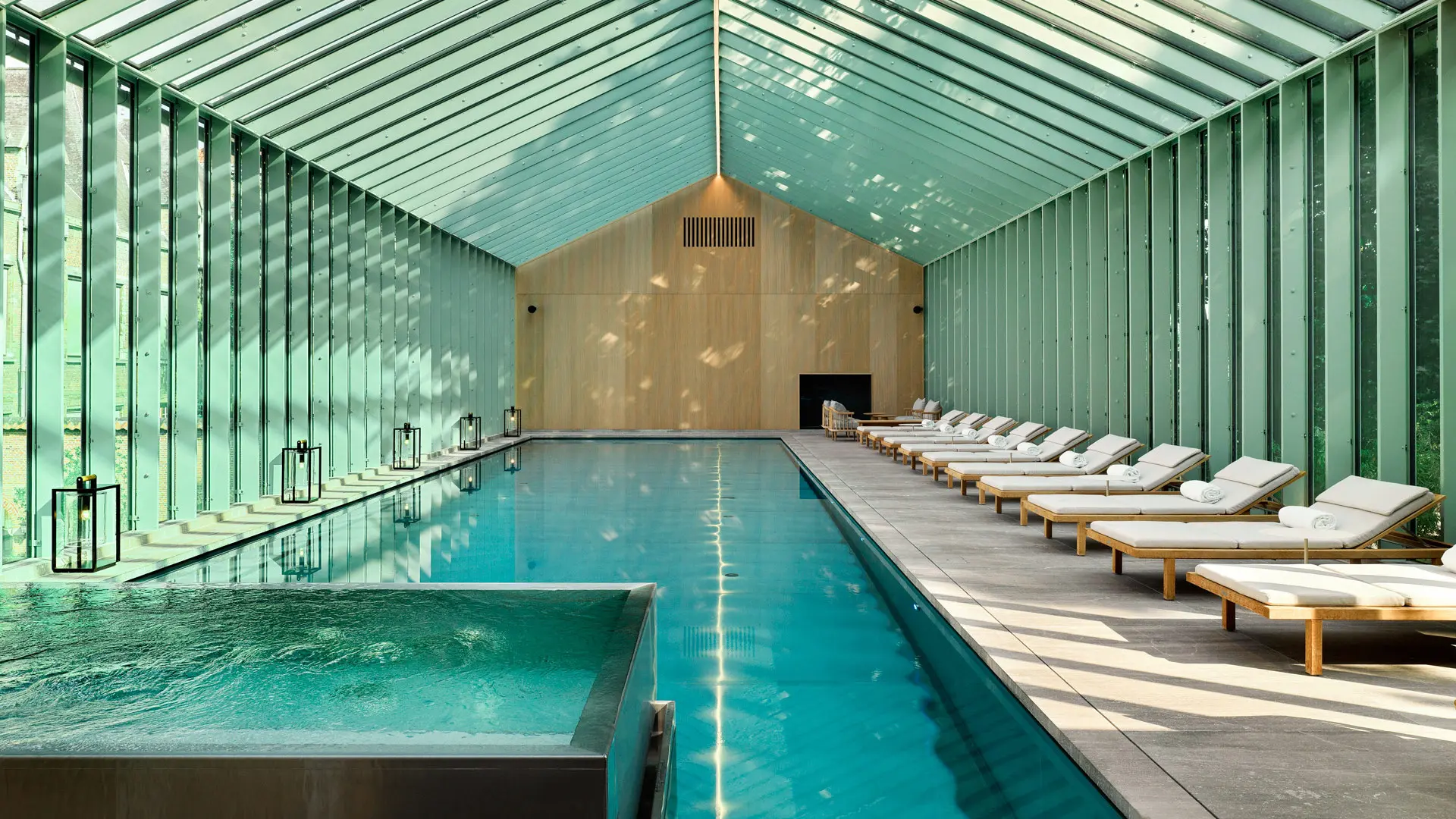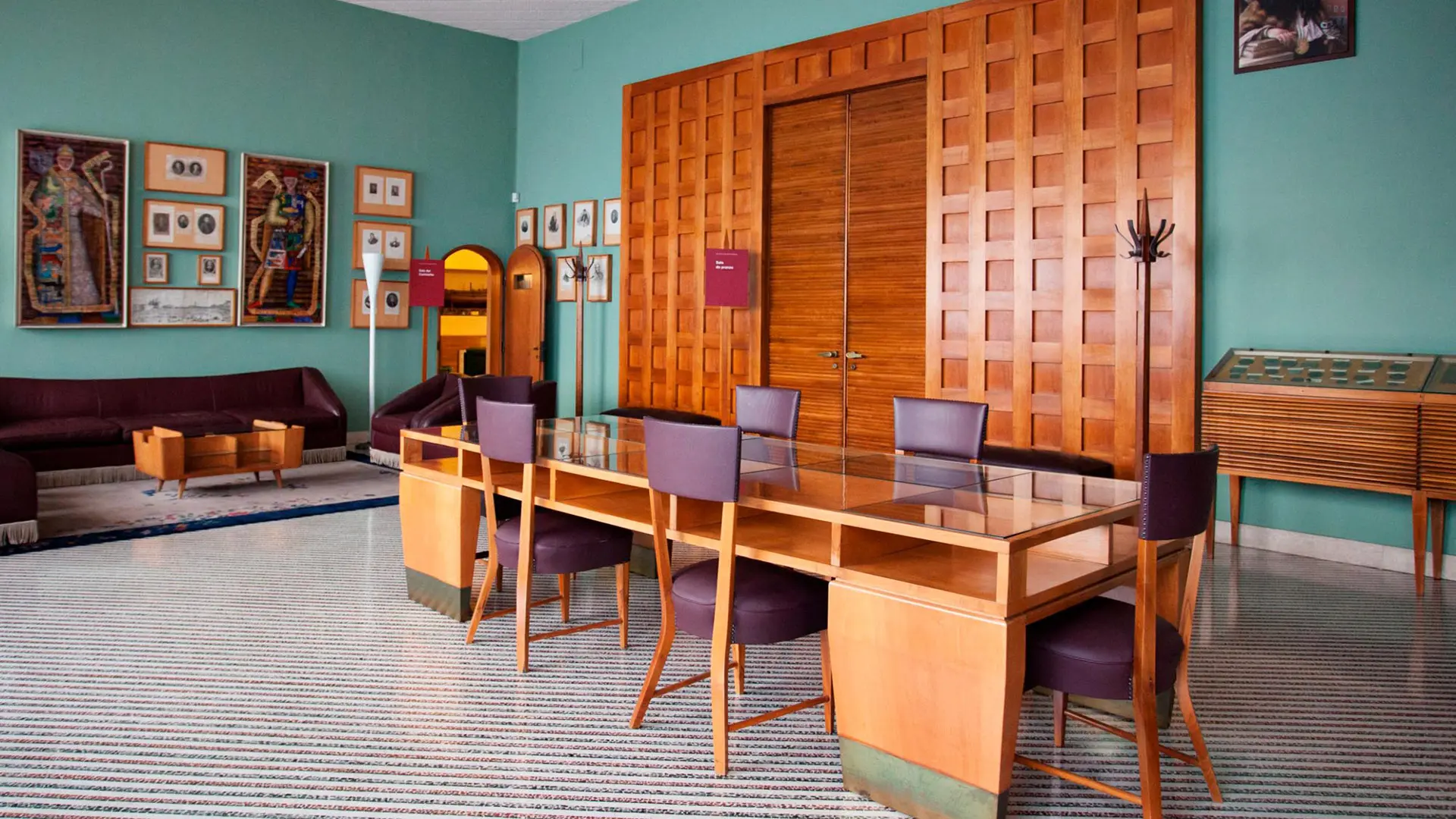From Lake Garda to Lake Lucerne, from Antwerp to New York City, all the way to India: looking forward to the International Bathroom Exhibition, we handpicked the best wellness centres around the world where you can recharge and find a new balance between mind and body
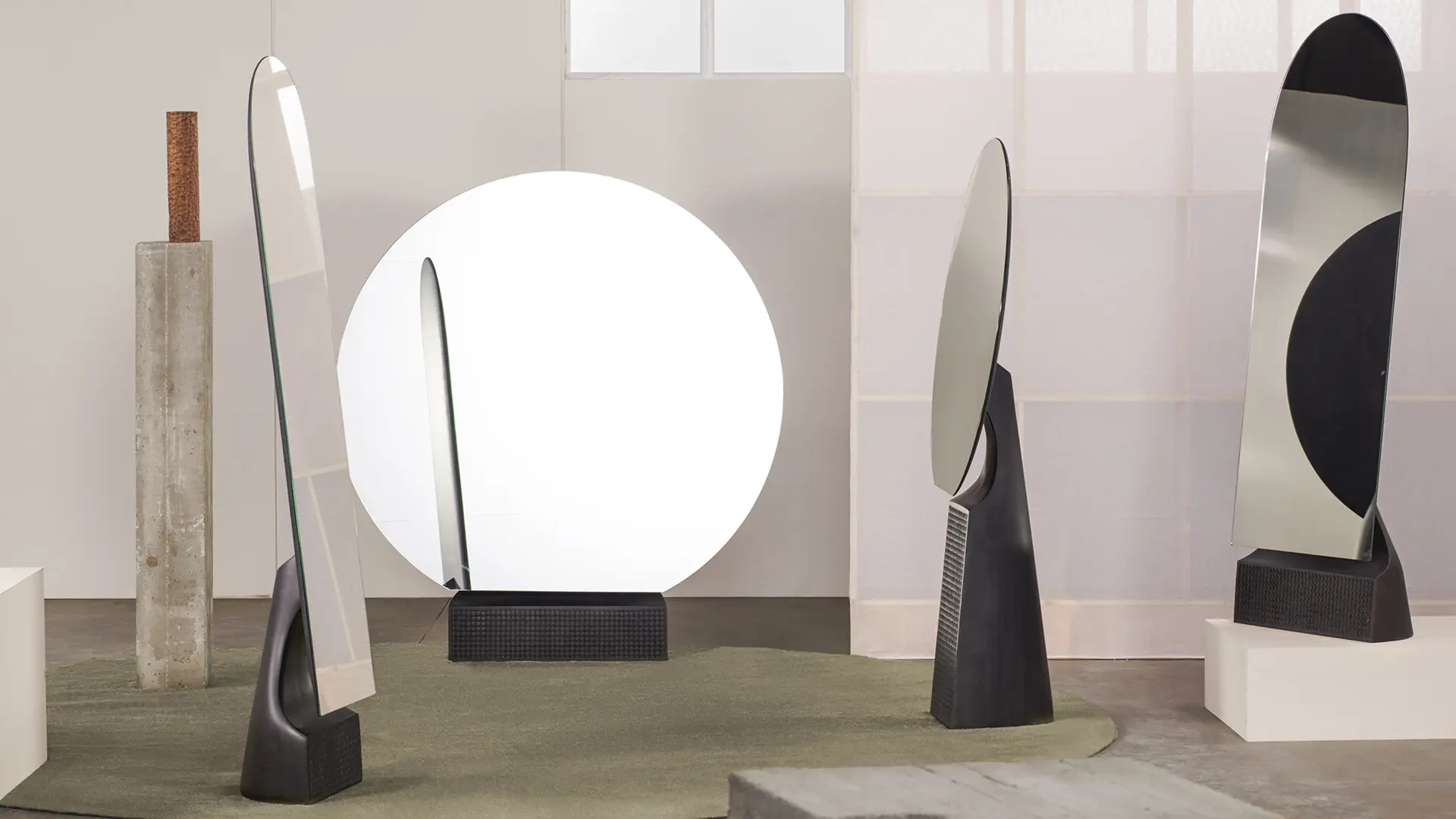
Craftsmanship, a love of wood, high-level engineering skills to make objects built to last, and environmental impact, all with a focus on community and cultural heritage: we talk to Orhan Niksic, CEO and founder of the Bosnian brand, established in 2015.
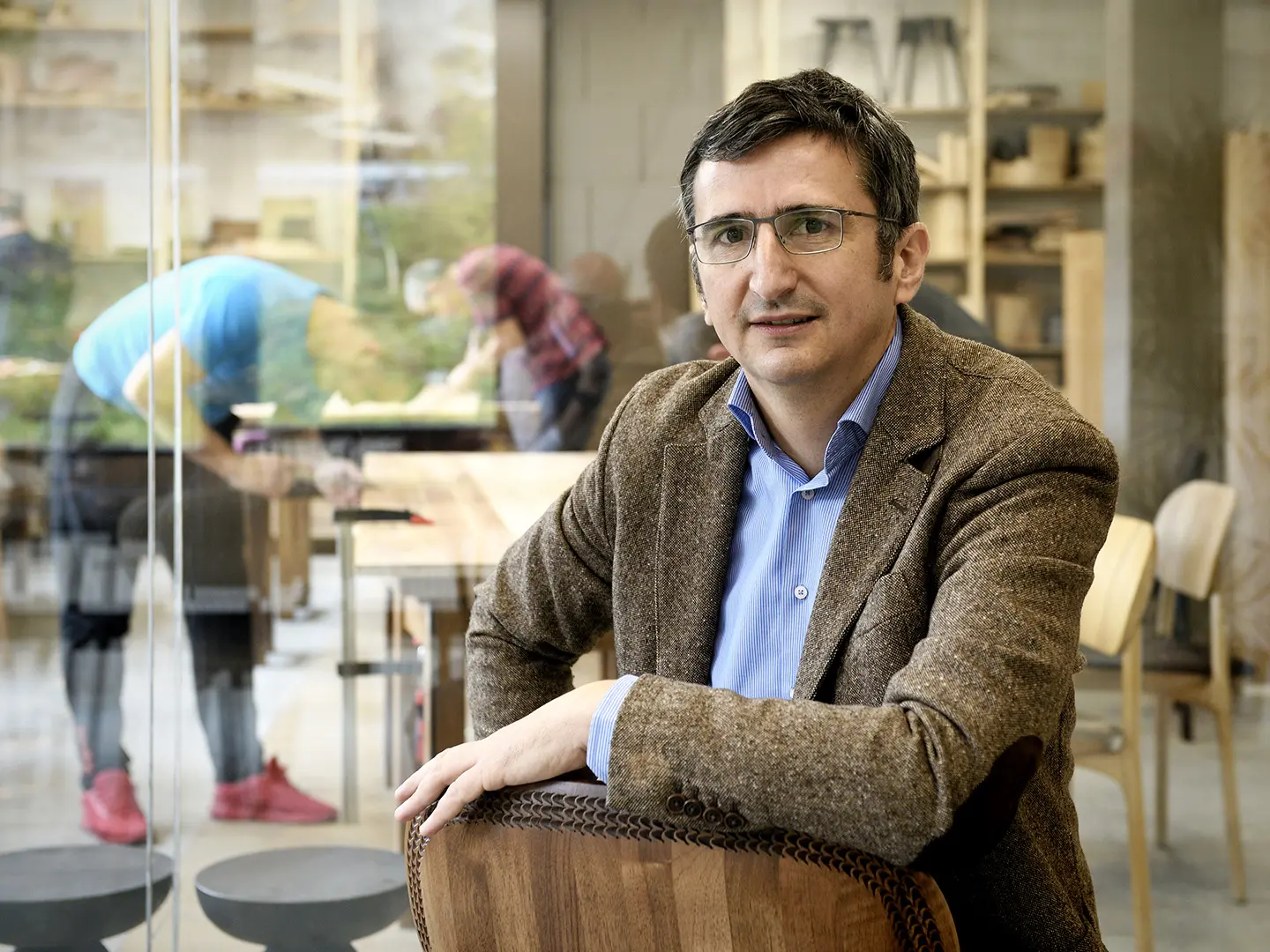
Orhan Niksic
It was our first Fair after a long, post-pandemic layoff, perhaps a year and a half. We were delighted to be back at the Salone del Mobile, showcasing products on which we’ve worked very hard, through two exceptional partnerships – with Michele De Lucchi and Patrick Norguet.
We worked with Michele De Lucchi and his team at AMDL on an interesting new piece that is neither an item of furniture nor an interior decoration piece, but a meticulously-created artistic element: “Dom” is a sculptural plate in a limited edition of a hundred pieces, three different versions in three different sizes.
He has done such incredible work… We met the architect at his studio in October 2019 to see if there was the scope to work on something together. It was very exciting, amazing to see how he shares Zanat’s great passion for wood and craftsmanship. It was also great how he understood our brand, what we have to say, our nature and our love of materials. I will never forget his words or what he accomplished: he designed the unexpected.
He encouraged us: he told us that as a company and as a brand, we are doing something heroic, and that was incredible to hear.
We partnered with him last year, during the pandemic. Our first meeting was virtual, even if designers usually come to us, visit the company, see how our production works, our methods, the story we tell… We worked with Norguet to create Morpho, a sculptural bench that developed out of a morphological study of a tree trunk. Our craftsmen hand-crafted the design to transform it into a functional sculpture.
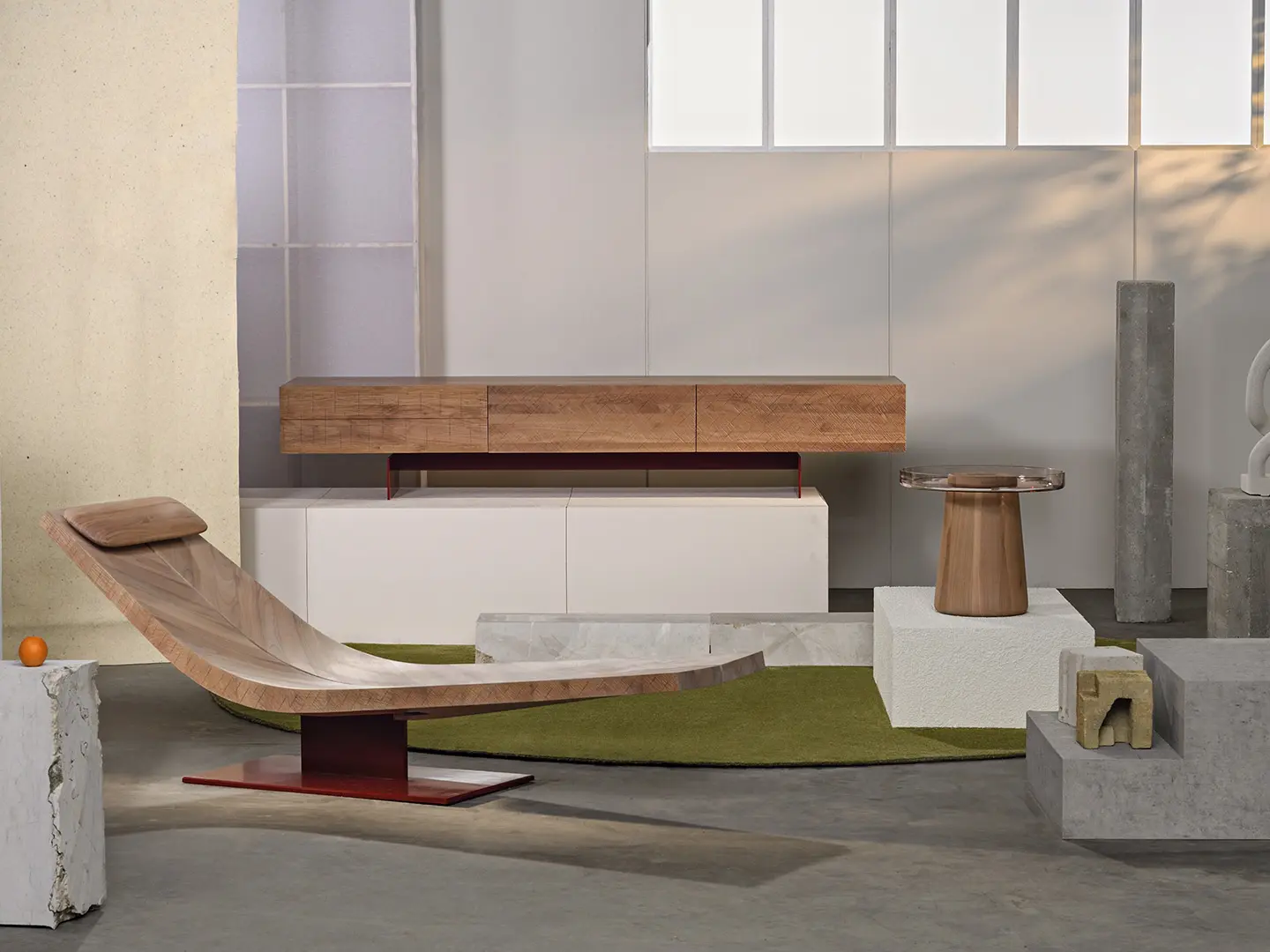
Courtesy Zanat
When we launched our brand in 2015, as well as drawing on a nearly hundred-year history of making, we were keen to encompass our passion, knowledge and ideas into the brand’s vision. There was already plenty of talk about sustainability in the air. For many years, I worked as a development economist, and I could see that companies were focusing a lot on being sustainable, albeit more in word than deed. Our commitment to being sustainable extends a lot further: as well as our impact on the environment, it focuses on our people, our sixty employees, the community and our cultural heritage.
As a team of people with backgrounds in sustainable development, social justice, solidarity, and architecture, among other things we all shared a passion for design and woodworking. We dreamed of a brand that would put the same impetus on designing and manufacturing our products and other aspects of the business that we wanted to improve customers’ homes, while at the same time trying to make the world a better place. We called this practice “Universal Sustainability”, reflecting that in everything we do as a company, we strive for effectiveness.
As we told De Lucchi, we are keen to preserve, protect and promote craftsmanship. Our intention is to maintain our connection with tradition through handcrafted materials, while at the same time leveraging high-tech as we seek to create timeless, centuries-old products. Product longevity is vital to all this, ensuring we create a kind of memory in objects handed down from one generation to the next, a repository of emotions in wood and materials that started in nature.
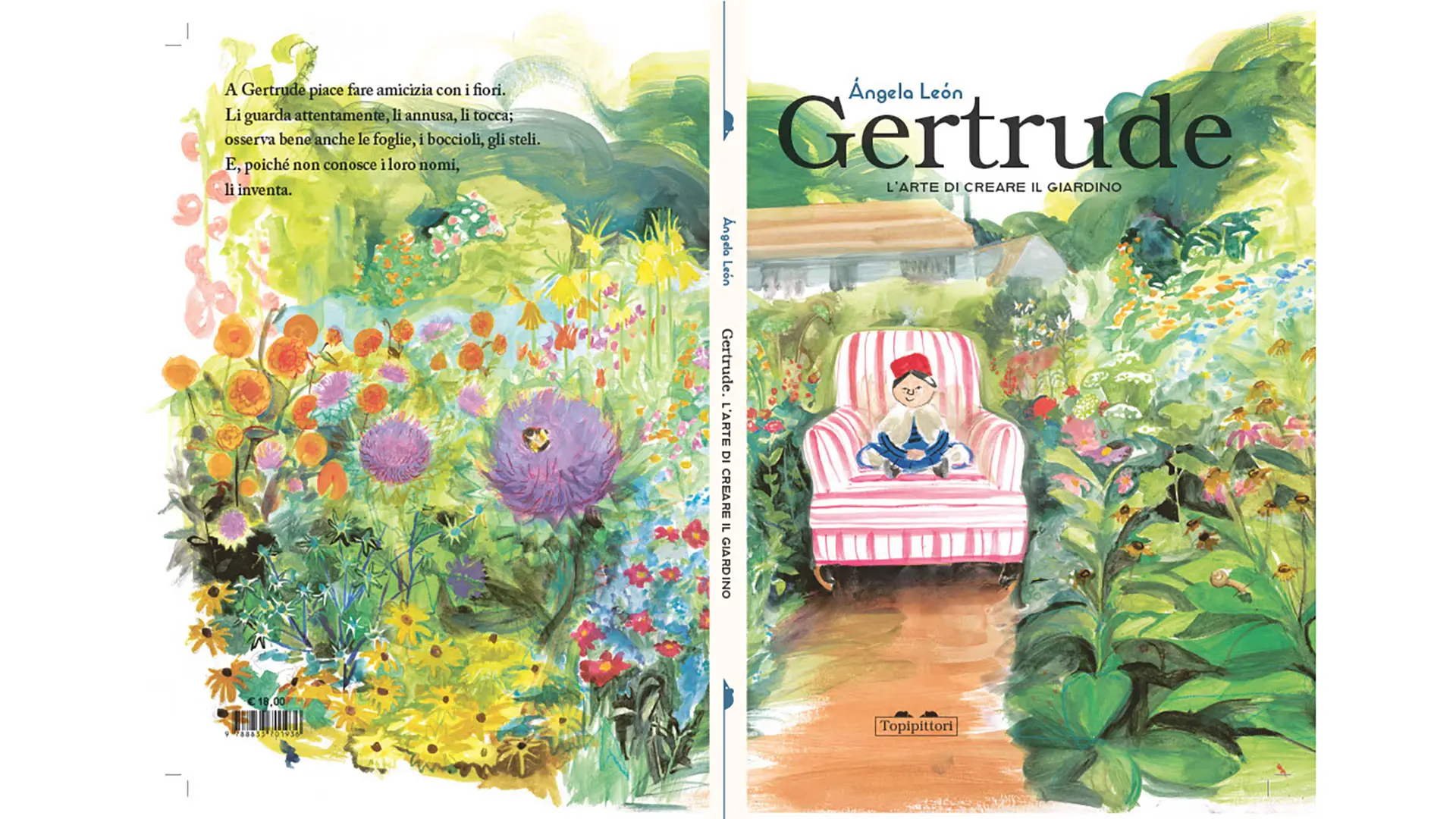
How to change the world of living from an early age, reading
Gertrude. L’arte di creare un Giardino [Gertrude. The Art of Creating a Garden] by Ángela León, published by Topipittori, has just been released. It is the third in a series of books dedicated to extraordinary women who have changed the way we live and inhabit



 Stories
Stories
